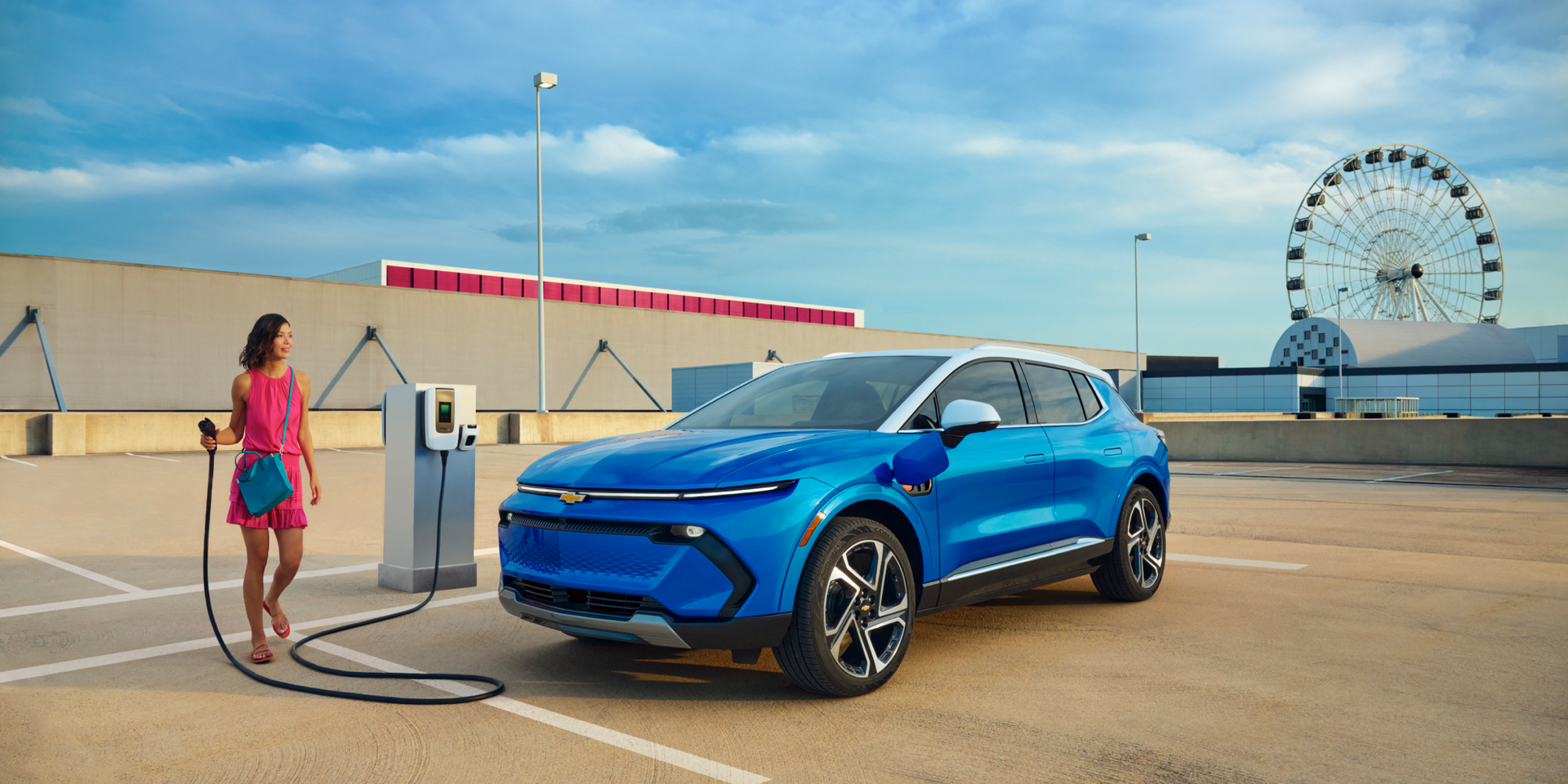
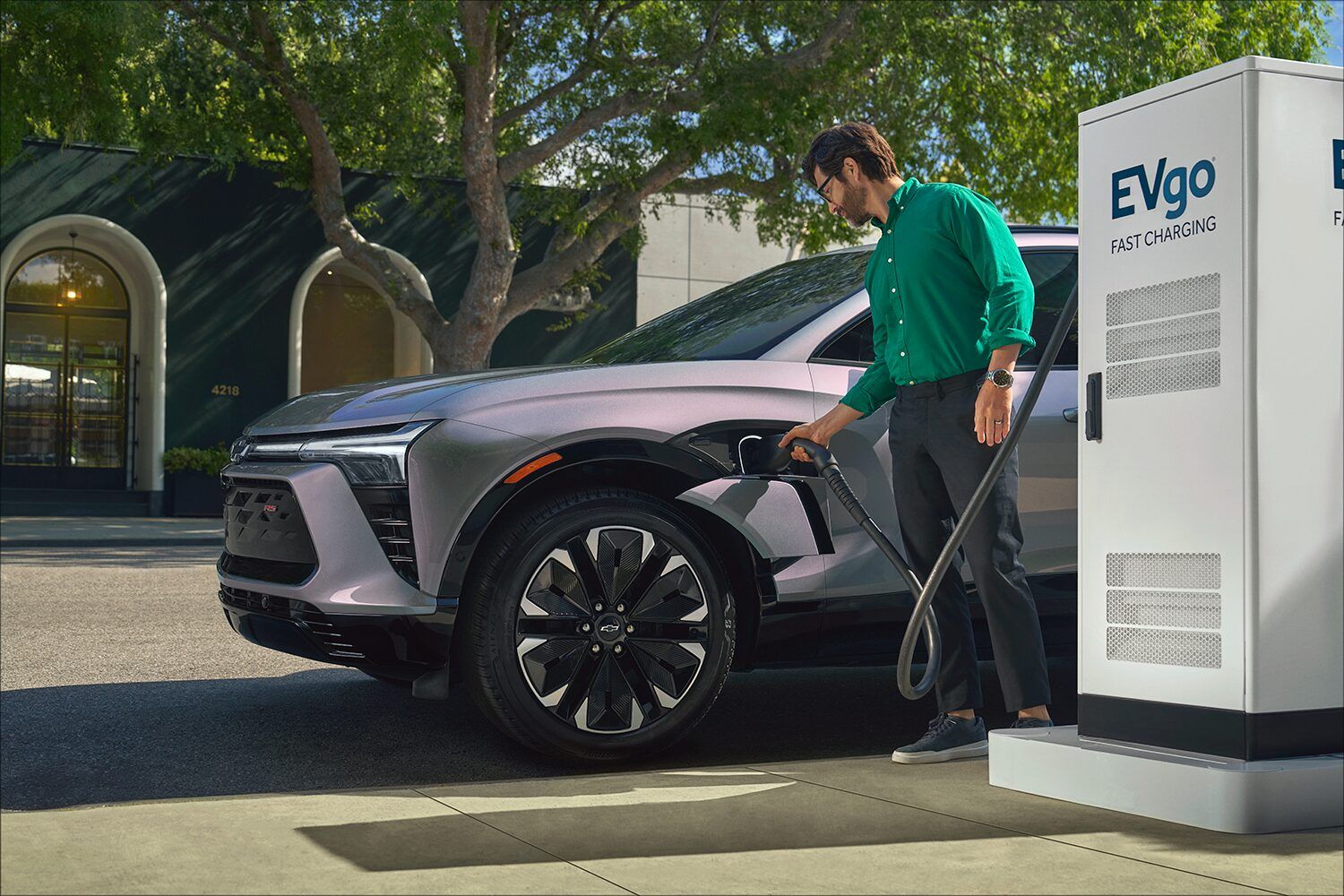
Dive into 2024 Federal EV Tax Credits
Thrilling opportunities await as we embark on our voyage towards an age of green energy! As 2024 begins, the government is introducing improved tax incentives for electric vehicles (EVs), providing you with an opportunity to benefit the planet and your wallet at the same time. Are you prepared to energize your daily travel? Join us to delve into the specifics!
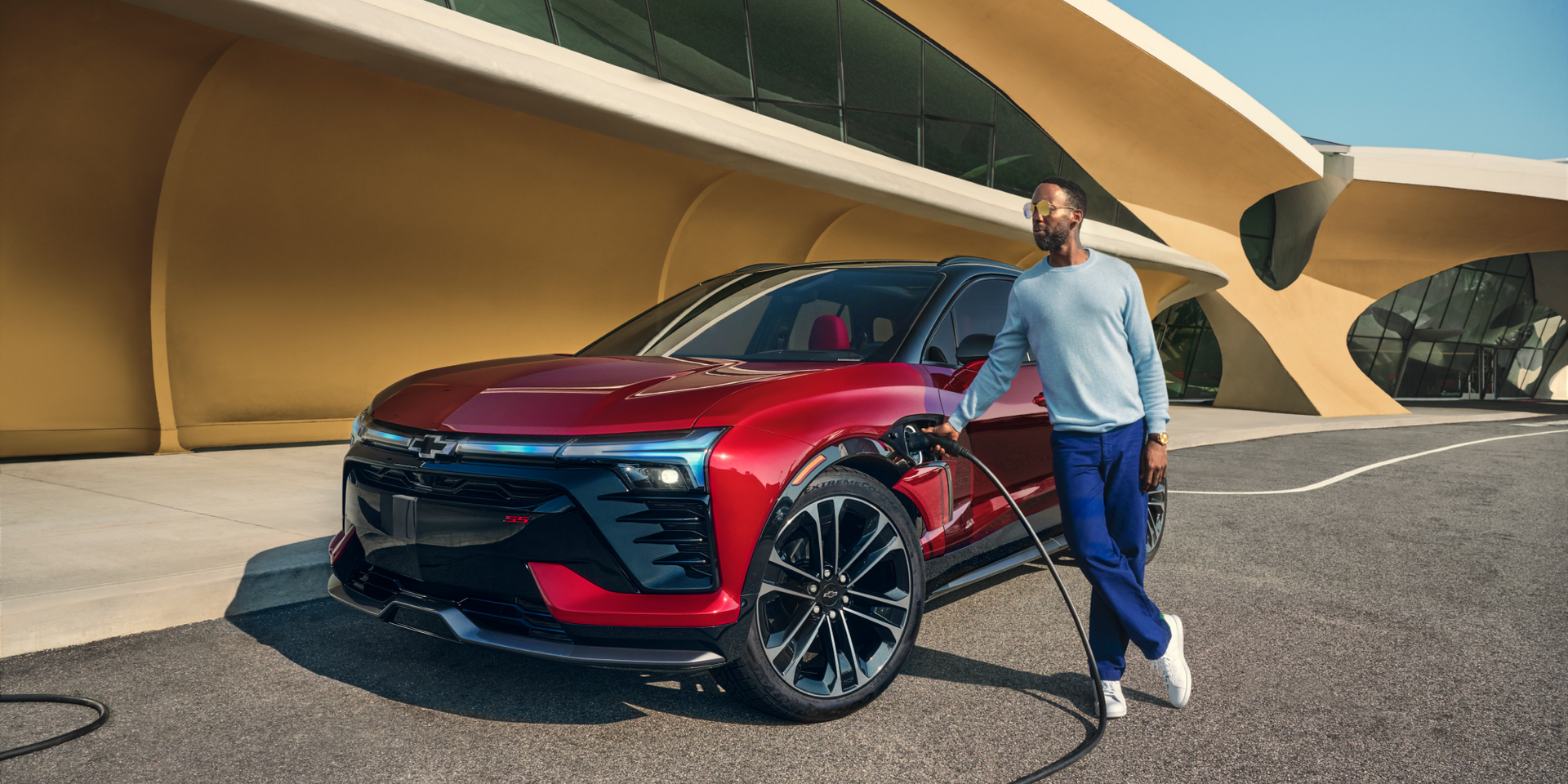
Your Guide to Going Green and Saving Big
Embracing a way of life that prioritizes sustainability offers unparalleled benefits! Thanks to current government-backed incentives for electric vehicles, choosing an eco-friendly way of living may also align with financial benefits. These benefits aim to lessen the barriers related to the purchase of an electric car, rendering it more accessible and promoting participation in the shift towards ecological consciousness. Prepare to deepen your understanding of how these rebates can result in notable reductions in costs and a smaller environmental impact!
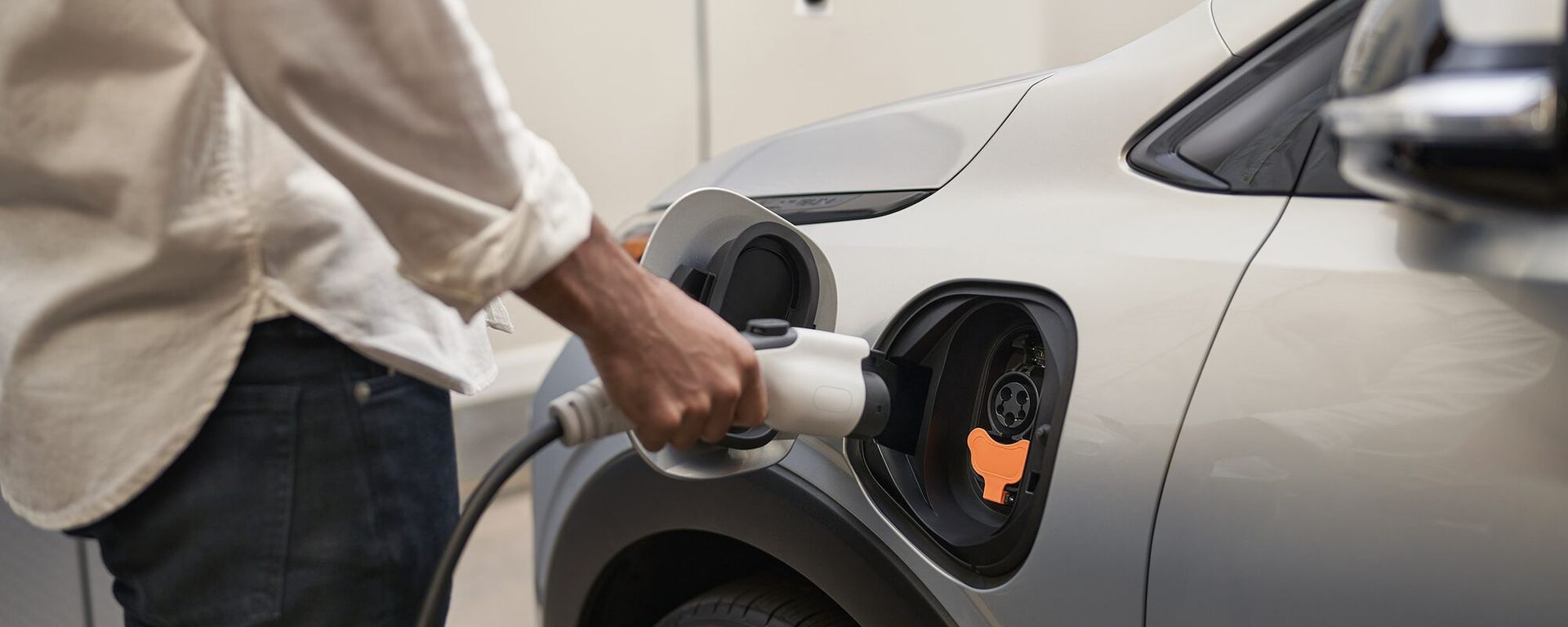
Assessing If You Qualify for EV Tax Credits
Finding out if you qualify for electric vehicle incentives might be easier than anticipated. To start, the car must be a new electric or plug-in hybrid with a minimum battery capacity of 5 kWh and primarily used within the U.S. Additionally, check that the car's manufacturer hasn't exceeded 200,000 sales of eligible models for certain tax breaks. It's important to note that these incentives vary and are expected to be linked to each car's unique VIN starting in 2024. As a result, staying informed with the most recent updates is vital to ensure you're on the path to securing environmentally-friendly discounts.
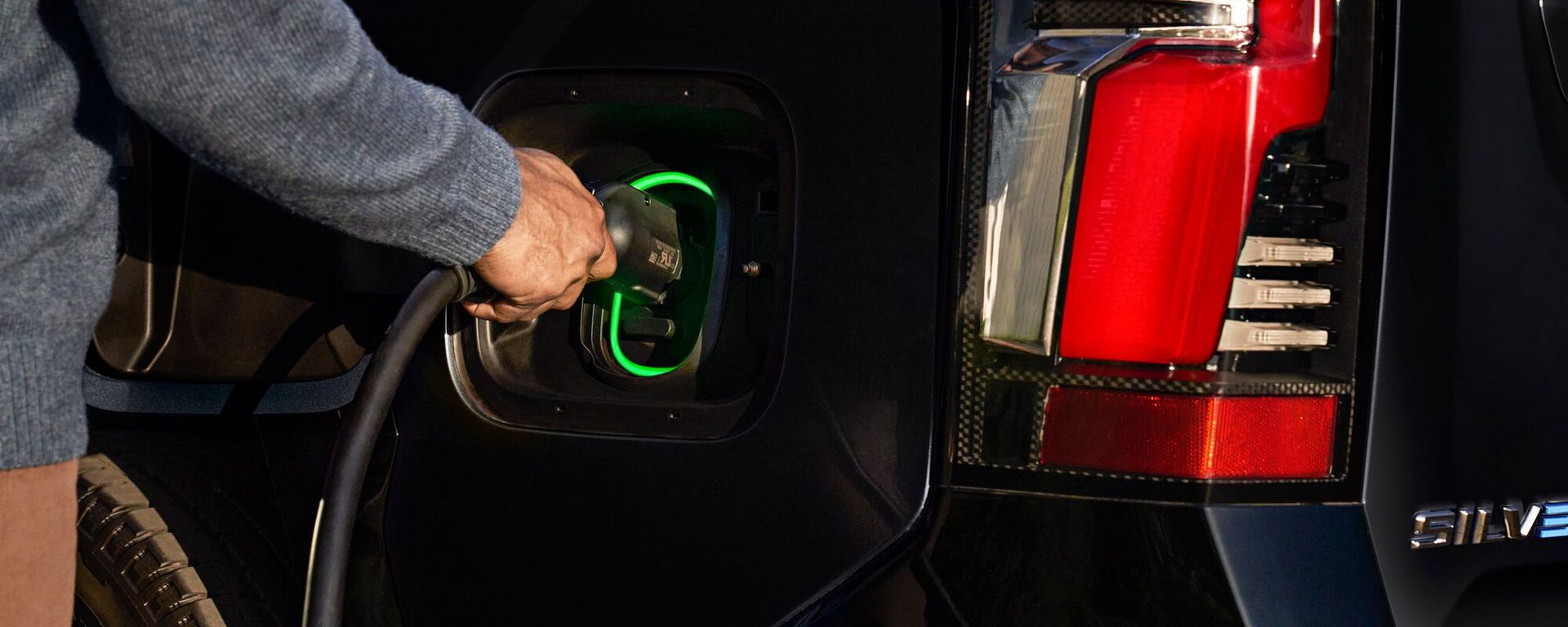
Income Limits and Other Requirements for Savings
Regarding the prerequisites for electric vehicle tax credits, your earnings are a crucial factor. Specific income caps are set: $300,000 for married couples filing together, $225,000 for household heads, and a maximum of $150,000 for single taxpayers or others. However, you shouldn't make hasty decisions based solely on your wage. The number that truly matters is your Modified Adjusted Gross Income (MAGI) — look at Line 11 of your tax Form 1040, as this is the key to determining eligibility.
Here's a valuable suggestion: lowering your MAGI by making contributions to a 401(k) or equivalent retirement plans might help you meet the income requirements, potentially qualifying you even when your regular income would suggest you're ineligible. Also, it's imperative that the electric car is purchased for private use and is operated within the confines of the U.S. These conditions are stringent, and thorough proof may be the deciding factor in whether you'll receive those tax savings.
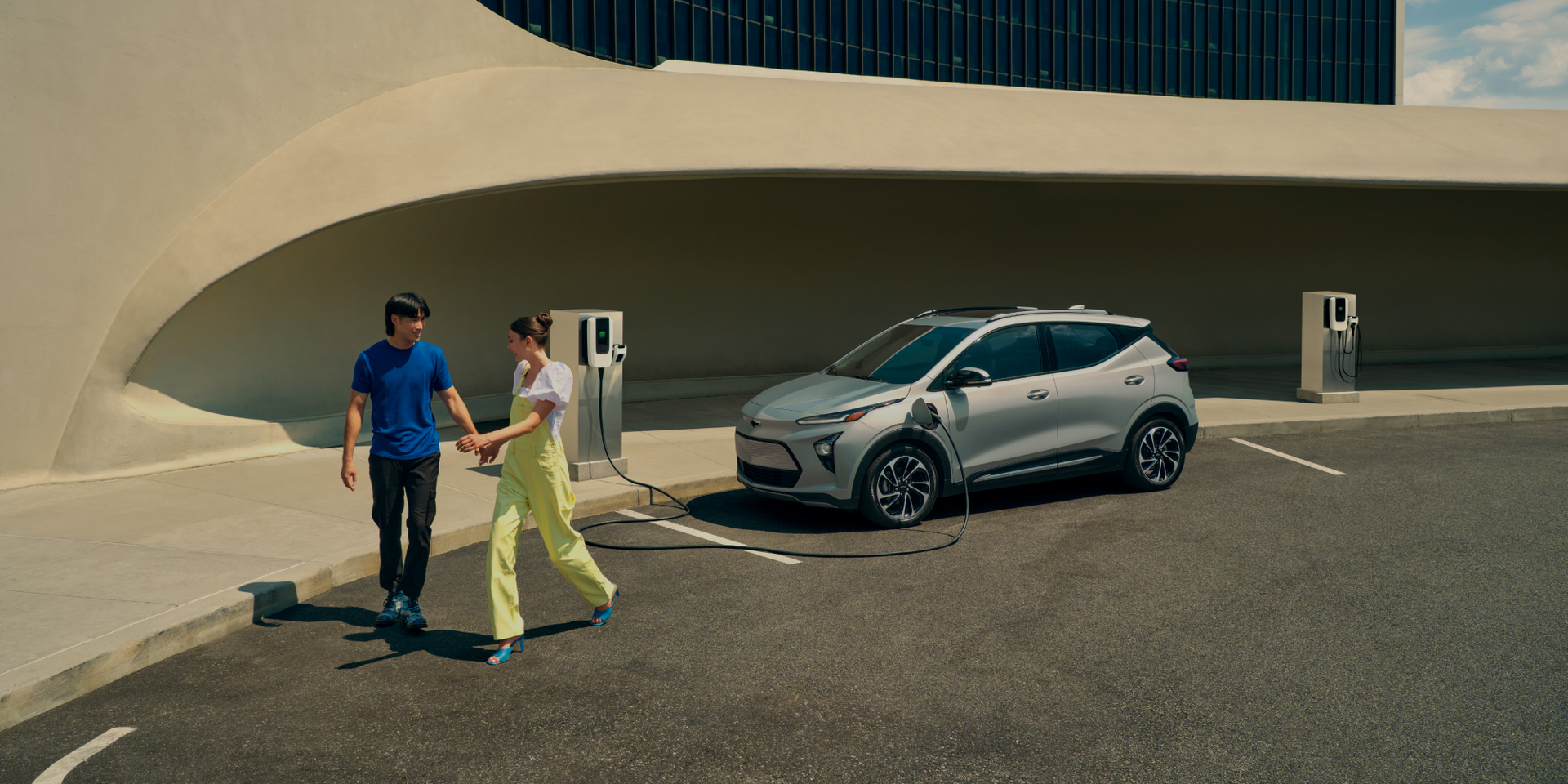
Navigating the List of Qualified Vehicles
Embarking on the journey to own an electric vehicle involves understanding which models will secure the desirable tax incentive for your situation. The terrain is constantly changing, as the list of cars that qualify for this advantage is updated annually. Car makers are rapidly adapting to the latest regulations to guarantee their models remain on the list of approved vehicles, therefore staying informed with the latest information is essential!
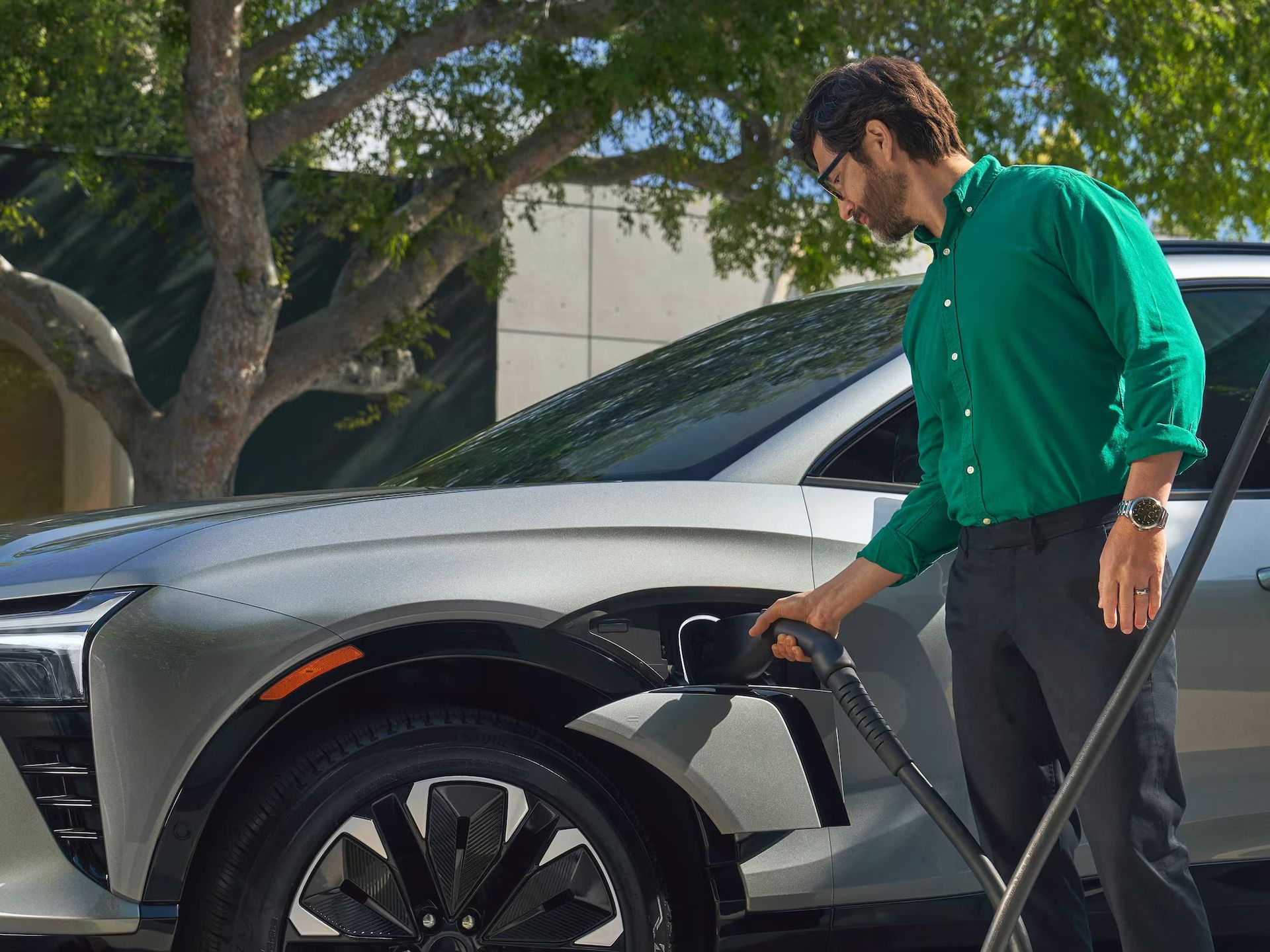
How Price Caps Influence Your Tax Credit Potential
On the path to securing tax incentives for electric vehicles, an important milestone is the establishment of a price cap. This cap, a set upper price limit for eligibility, means that not all electric vehicles will be eligible for tax breaks, independent of their efficiency in conserving energy. The goal behind setting these price caps is to ensure that the tax incentives are predominantly available for electric vehicles with prices that fall within a reasonable range, thus appealing to a wide array of consumers.
For the calendar year 2024, electric vehicles rolling off the production line must conform to an established pricing threshold to qualify for tax reductions, thereby excluding more expensive luxury models from the consideration of buyers seeking to benefit from these tax incentives. Being aware of these price ceilings is critical when making a purchase, as they significantly influence the total credit one can recoup in their financial planning
From Purchase to Tax Time: A Step-by-Step Guide
Embarking on the path from the moment you acquire your new battery-powered vehicle to the point where you can apply for your monetary incentive involves a series of important steps. Consider this your navigational guide for the expedition:
1. Choose a Certified Electric Vehicle: Make certain that the electric vehicle you're looking at is included on the approved list and falls within the stipulated price ceiling.
2. Gather Required Documentation: Keep all relevant documents readily available, including the sales invoice and the Manufacturer's Certification Statement, which verifies the vehicle's qualification for the benefit.
3. Verify with the Dealer: Confirm that the dealer is formally accredited by the IRS. They often process the tax credit immediately, applying it as a rebate or direct reduction of the sale price. Retain a copy of the sales contract and the IRS approval for your personal records.
4. Submit Your Tax Return: Remember that you must attach the tax credit paperwork to your tax submission. Maintain accurate records; any discrepancies in your submission could result in having to pay back the incentive if your fiscal circumstances alter within the year.
5. Stay Alert for Changes: Keep an eye out for any updates from the IRS that may impact your tax situation, particularly if your earnings are near the cutoff for the tax Navigating the journey from the moment you become the owner of your new electric vehicle to the time you qualify to claim your financial incentive encompasses a sequence of crucial benchmarks. Consider this your roadmap for the expedition:
Keep in mind, adopting electric cars as a mode of transportation signifies a commitment to ecological stewardship and economic prudence. Successfully traverse this route, and you stand to establish yourself as a pioneer in promoting a more pristine tomorrow, all the while reaping monetary advantages!
Leasing vs. Owning: What Affects Your Credit?
Choosing whether to lease or buy an electric vehicle (EV) impacts your eligibility for tax incentives. When you lease, the leasing entity receives the tax credit since they own the vehicle. The savings are usually shared with you through lower lease payments, allowing you to experience immediate reduced expenses.
On the other hand, purchasing an EV qualifies you to claim the tax rebate directly if you satisfy the required criteria. As the owner, this rebate would be claimed when you file your annual taxes, not at the moment of purchase.
It's important to note that leasing may involve mileage limitations and does not result in ownership after the lease period ends. Conversely, when you buy an EV, the vehicle becomes entirely yours after completing the payments. Each choice presents distinct advantages and drawbacks, making it crucial to carefully consider them to determine which one aligns more closely with your financial objectives and personal needs.

State Incentives That Sweeten the Deal
Delving into the incentives offered by individual states, in addition to those provided at the federal level, is comparable to discovering a hidden cache of economic advantages and benefits. For instance, certain states may offer privileges such as access to carpool lanes with the appropriate permit, or they could provide state rebates up to $2,000, augmenting any federal tax credits already in place.
It's important to recognize that some states may impose restrictions on claiming both federal and state incentives concurrently, so understanding the nuances is imperative before engaging with these eco-friendly financial supports. It is advisable to consult with your state's Department of Motor Vehicles or the relevant clean energy programs to comprehend the full scope of available benefits—ranging from rebates for electric vehicles, tax deductions, subsidies for installing home charging stations, or discounts on electricity rates.
Additionally, staying abreast of these offerings is prudent as they may vary with shifts in government policies. By carefully leveraging a combination of federal and state incentives, you could find yourself on a swift path to considerable economic savings.
The Future of EVs: More Than Just Tax Savings
Direct your gaze to the impending era ahead—where the fascination with electric vehicles outshines the lure of immediate fiscal advantages, heralding the start of a groundbreaking epoch. With an increasing tally of automakers transitioning to the creation of electric vehicles, we are privy to a flourishing selection of EV choices, encompassing reliable family cars to robust trucks, poised to invigorate the marketplace and cater to diverse motoring requirements.
Moreover, there's a noticeable rise in the development of accessible public electric vehicle charging points, laying the groundwork for more practical cross-country journeys and effortlessly manageable longer commutes. These strides, coupled with advancements in the realm of battery technology, are paving the way for expanded range and swifter recharging periods—crucial components for their widespread acceptance.
Bear in mind that selecting an EV transcends the immediate perks to your wallet; it represents a commitment to a purer, more renewable future where our modes of transit harmonize seamlessly with the environment. Therefore, as you contemplate embracing the electric revolution, consider the enduring effects not just on your economical means but also on the well-being of our earth!
Who Qualifies For The 2024 Federal EV Tax Credit?
In the year 2024, the federal authorities are offering a fiscal enticement aimed at electric vehicle (EV) buyers acquiring new EVs that comply with certain established conditions, on the condition that their modified adjusted gross income (MAGI) is below $150,000 for single filers, $225,000 for household leaders, or $300,000 for joint filers who are married. It is important to note that the vehicle must be intended for private use and has to satisfy particular standards related to the battery's power and the nation of production.
Which Vehicles Are Eligible for the EV Tax Credit in 2024?
The sanctioned roster for electric vehicle tax incentives in 2024 has been meticulously selected and is regularly refreshed by the IRS. To discover the most recent collection, vehicles must satisfy specific requirements, which encompasses:
- Possess a minimum energy storage capability of 7 kWh
- Feature a total vehicle weight limit not exceeding 14,000 pounds
- Be produced by an authorized automotive maker.
- It's important to mention that for eligibility, fuel cell automobiles are not required to originate from an authorized maker.
Can I Still Get a Credit If I Lease an EV?
Undoubtedly, in the case of leasing an electric vehicle, the fiscal incentive is granted to the firm that offers the lease arrangement. However, it's common for them to transfer the monetary savings to the lessee, resulting in reduced lease payments each month. Nonetheless, this perk isn't given straight to the renters, and conditions may differ. It's essential to verify that your leasing agreement includes the concession as either a reduction or a refund that benefits you.
How Do I Actually Claim My EV Tax Credit?
To ensure you obtain your electric vehicle tax benefit, follow these charged guidelines: when you're completing your federal tax return, be sure to complete and attach Form 8936, which is specifically for the Qualified Plug-in Electric Drive Motor Vehicle Credit. It's vital to provide important details such as the make, model, VIN, and purchase date of your vehicle. Confirm that you have the necessary documentation from your vehicle's purchase to support your claim for the credit. Begin this procedure while you're doing your taxes, and you may quickly reach an outcome that includes potential monetary advantages!
Final-Stage Assembly Requirement
The car must undergo its ultimate assembly within the boundaries of the North American territory. The sticker located on the car's window displays information, including the automobile's mass, the battery specifications, the definitive construction site (labeled as the "final assembly point"), and the Vehicle Identification Number (VIN).
To confirm adherence to the stipulated final assembly site criteria for a specific car, one should consult the Department of Energy's webpage designated Electric Vehicles with North American Final Assembly and utilize the VIN Decoder tool situated in the subsection "Specific Assembly Location Based on VIN."
Critical Minerals and Battery Component Requirements
Starting on April 18, 2024, the criteria for receiving tax credits for newly acquired vehicles (following delivery to the buyer) will hinge on their adherence to critical benchmarks for sourcing essential minerals and/or the production of battery components. A vehicle that meets both standards is eligible for the full tax credit of $7,500, while one that meets only one of the standards may be eligible for a half credit of $3,750. In contrast, vehicles that do not meet any of the required standards will be ineligible for any tax credit.
In some instances, it may be imperative to work in conjunction with your car dealer to determine the precise eligibility of the vehicle for the tax credit and the exact amount that could be awarded.
MSRP Requirement
The recommended retail price set by the vehicle's manufacturer must not surpass:
- $80,000 for vehicles classified as vans, SUVs, and pickups
- $55,000 for all other types of vehicles
The initial cost proposed by the car maker, known as the Manufacturer's Suggested Retail Price (MSRP), is the base price suggested for the vehicle, encompassing the price for added custom features or optional extras attached to the car before it is sent to the dealer. This figure excludes costs associated with delivery, charges for additional modifications by the dealer, or any relevant taxes and fees. Furthermore, the MSRP does not take into consideration any discounts offered by the vehicle manufacturer or the dealer, and it does not include the value of any vehicles offered in exchange.

